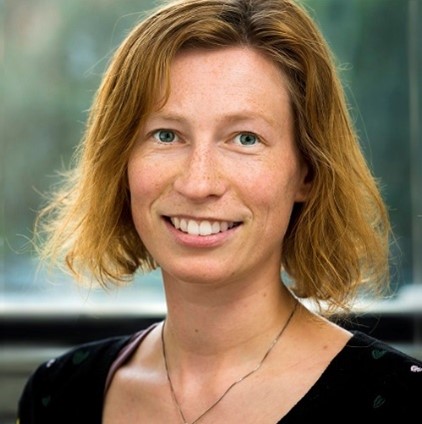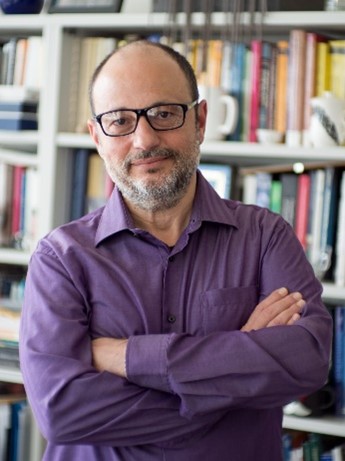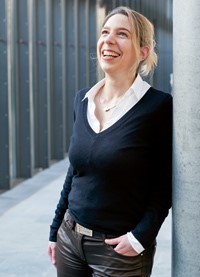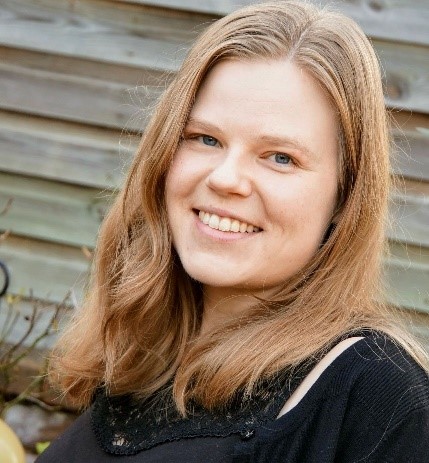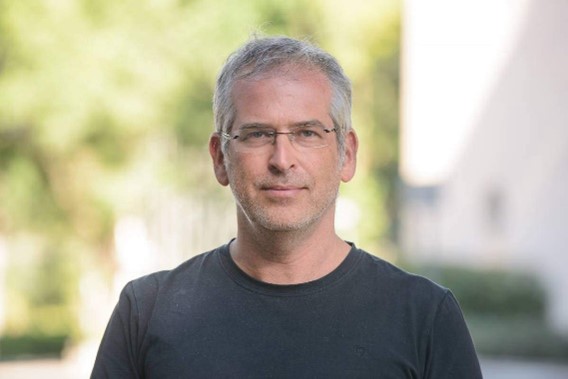Program
Theory across Biology – Program, 27.1.2023
Unitobler F021, Lerchenweg 36, Bern
Program
9:30 -10:00 Registration and Welcome Coffee
10:00 - 10:05 Introductory notes by the Organizers
10:05 - 11:05 Prof. Uri Alon, Weizmann Institute of Science
Inflammation and fibrosis: from circuit to target
11:05 - 11:50 Prof. Dagmar Iber, ETH D-BSSE
Precision of morphogen gradients
11:50 - 13:50 Lunch and Open White Board / Poster Session
13:50 - 14:20 Bernadette Stolz, EPFL/University of Oxford
Shape at multiple scales in biological data - a topological perspective
14:20 - 15:05 Prof. Claudia Bank, University of Bern
Rapid adaptation of recombining populations on tunable fitness landscapes
15:05 - 15:35 Adam Gosztolai, EPFL Lausanne
Manifold-constrained dynamics: a geometric lens to understand computations in biological and artificial neural systems
15:35 - 16:00 Coffee Break
16:00 - 16:30 Dr. Paolo Gagliardi, University of Bern
Modeling apoptotic signaling waves in epithelia with cellular automata
16:30 - 17:15 Dr. Sonja Lehtinen, ETHZ
Antibiotic apocalypse now?
17:15 - 17:20 Closing Remarks
Open Whiteboard Session
Foyer Lerchenweg 35, 11:50-13:50
1. A statistical framework for optimized multiplexed imaging experimental design and data analysis
Pierre Bost (a), Ruben Casanova (a), Uria Mor (b), Bernd Bodenmiller (a); a. ETH/University of Zürich, b. Weizmann Institute/Tel-Aviv University.
2. A framework for microbial growth in nutrient colimitation
Noelle Held (a,b,c), Justus Fink (a), Michael Manhart (d)a. Department of Environmental Systems Science, ETH Zurich, b. Department of Environmental Microbiology, Eawag, c. Department of Biological Sciences, University of Southern California, d. Center for Advanced Biotechnology and Medicine, Rutgers University
3. Modeling apoptotic signaling waves in epithelia with cellular automata
Paolo Armando Gagliardi (a), Maciej Dobrzyński (a), Olivier Pertz (a); a. Institute of Cell Biology, University of Bern, Baltzerstrasse 4, 3012 Bern, Switzerland
4. Dissecting the interplay between a linear and a cyclic timer
Lucas J Morales Moya (a), Jana Brunner (a), Dimosthenis Gaidatzis (a), Helge Grosshans (a); a. Friedrich Miescher Institute for Biomedical Research
5. On the role of deleterious mutant regime in steering long term evolution
Nikhil Sharma (a), Joachim Krug (b), Arne Traulsen (a); a. Max Planck Institute for Evolutionary biology, Germany, b. Institute for Biological Physics, University of Cologne, Germany.
6. Deciphering mechanisms of symmetry breaking in C. elegans embryos
Ella Müller (a), Pierre Gönczy (a). a. Ecole Polytechnique Fédérale de Lausanne.
7. Learning accelerates the evolution of slower aging, but constrains the evolution of negligible senescence
Peter Lenart (a), Sacha Psalmon (a, b), Benjamin Towbin (a), a. University of Bern, Institute of Cell Biology, Bern, Switzerland, b. Polytech Nice Sophia, Côte d’Azur University, Nice, France
8. Optimization Versus Modeling in Biology
Marco Guazzini (a), Alexander Reisach (b), Sebastian Weichwald (c), and Christof Seiler (a); a. Maastricht University, b. Université Paris Cité, c. University of Copenhagen
9. Symmetry breaking and number control at the onset of centriole assembly
Friso Douma (a), Pierre Gönczy (a); a. Swiss Federal Institute of Technology (EPFL) Lausanne
10. Detection and quantification tool for emergent collective signalling phenomena
Paolo Armando Gagliardi (a), Benjamin Grädel (a), Marc-Antoine Jacques (a), Lucien Hinderling (a), Pascal Ender (a), Andrew Cohen (b), Gerald Kastberger (c), Olivier Pertz (a) Maciej Dobrzyński (a); a. Institute of Cell Biology, University of Bern, b. Department of Electrical and Computer Engineering, Drexel University, c. Institute for Biology, Karl-Franzens-University Graz
11. spillR: A Causal Method for Spillover Compensation in Mass Cytometry
Marco Guazzini (Maastricht University), Alexander Reisach (University of Paris Diderot), Sebastian Weichwald (University of Copenaghen), and Christof Seiler (Maastricht University)
Prof. Uri Alon from the Weizmann Institute of Science (Rehovot, Israel)
The lab of Prof. Alon studies biological circuits using a combined experimental and theoretical approach, aiming to uncover general underlying principles that govern their functioning and evolution.
